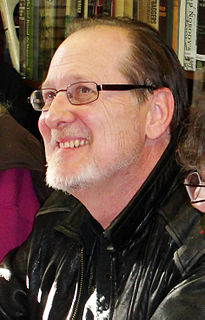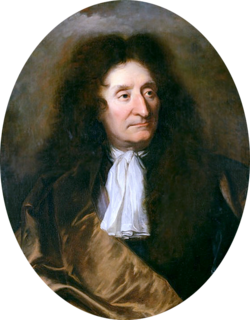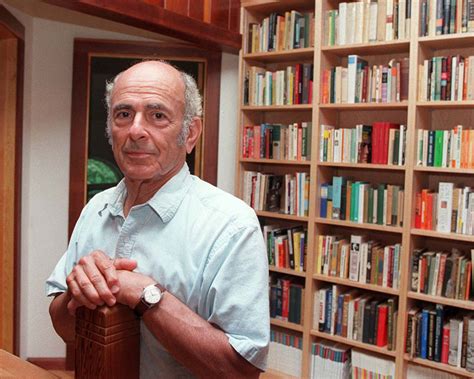A Quote by Max Lucado
The step between prudence and paranoia is short and steep. Prudence wears a seat belt. Paranoia avoids cars. Prudence washes with soap. Paranoia avoids human contact. Prudence saves for old age. Paranoia hoards even trash. Prudence prepares and plans, paranoia panics. Prudence calculates the risk and takes the plunge. Paranoia never enters the water.
Related Quotes
And every historic effort to forge a democratic project has been undermined by two fundamental realities: poverty and paranoia. The persistence of poverty generates levels of despair that deepen social conflict the escalation of paranoia produces levels of distrust that reinforce cultural division. Rae is the most explosive issue in American life precisely because it forces us to confront the tragic facts of poverty and paranoia despair, and distrust. In short, a candid examination of race matters takes us to the core of the crisis of American democracy (p. 107).
[Prudence] is the virtue of that part of the intellect [the calculative] to which it belongs; and . . . our choice of actions will not be right without Prudence any more than without Moral Virtue, since, while Moral Virtue enables us to achieve the end, Prudence makes us adopt the right means to the end.
Consensual paranoia - the pathology of the normal person who is a member of a war-justifying society - forms the template from which all the images of the enemy are created. By studying the logic of paranoia, we can see why certain archetypes of the enemy must necessarily recur, no matter what the historical circumstances.
Paranoia imposes its own vision on the external world; it differs from other kinds of visionary experience in that the paranoid wants others to share his view—even insists on it. Paranoia is very like poetic creativity. This accounts for my fascination with certain people in whom this state of mind was evident: ‘characters’ met by chance, whose words and gestures would haunt me for years until, finally, in a poem I was able to dispel them.
The world is filled with the proverbs and acts and winkings of a base prudence, which is a devotion to matter, as if we possessedno other faculties than the palate, the nose, the touch, the eye and ear; a prudence which adores the Rule of Three, which never subscribes, which never gives, which seldom lends, and asks but one question of any project,--Will it bake bread?
But the severe rules of discipline which the prudence of the bishops had instituted were relaxed by the same prudence in favour of an Imperial proselyte, whom it was so important to allure, by every gentle condescension, into the pale of the church; and Constantine was permitted, at least by a tacit dispensation, to enjoy most of the privileges, before he had contracted any of the obligations, of a Christian.




































